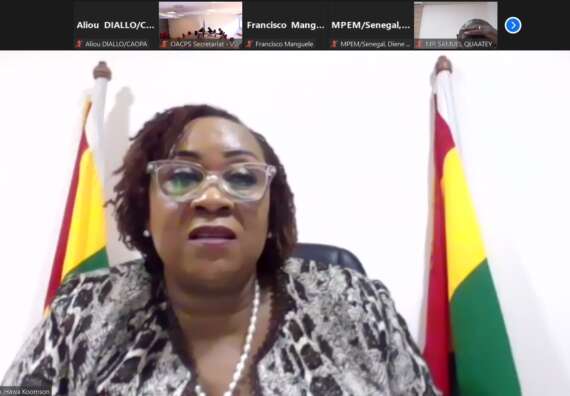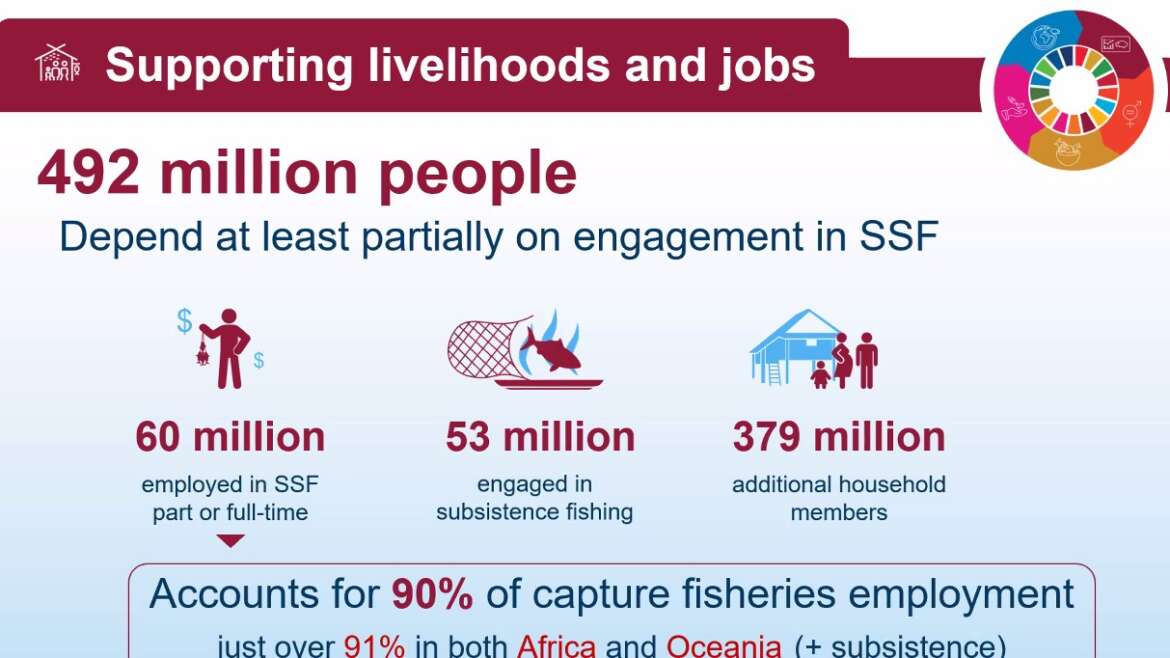The Organization of African, Caribbean and Pacific States (OACPS) organized on March 21, 2022, a (virtual) seminar on artisanal fisheries in OACPS Member States.

The objective of this seminar is to raise awareness, promote constructive exchanges, learn lessons and develop policy actions, in order to promote an enabling environment for dynamic, resilient and sustainable artisanal fisheries, which have equitable access to resources and markets and whose stakeholders have a voice in decision-making processes.
This seminar was held in preparation for the seventh meeting of OACPS Ministers in charge of Fisheries and Aquaculture, which will be held in Accra (Ghana) from 5 to 8 April 2022.
At the opening of the meeting, the Secretary General of the OACPS, H.E. Mr. Georges Rebelo Pinto Chikoti, said that artisanal fisheries is one of the oldest and most common food production systems, and currently accounts for more than half of the world’s fish catch.
He said the sector has been and continues to be of critical importance to OACPS member states – whether coastal, landlocked or small island states. Mr. Pinto said “[artisanal fisheries] provide by far the largest number of jobs in the OACPS blue economy, and train more than 90% of the 120 million actors involved worldwide, both those involved in the fisheries themselves and those working in the sector”.
 The Minister of Fisheries and Aquaculture of Ghana, Hon. Mavis Hawa Koomson, said: “In Ghana, an average of 24 to 26 kg of fish is consumed per person per year. This makes fish the main source of protein in Ghana. Artisanal fisheries contribute to 70% of the national production”.
The Minister of Fisheries and Aquaculture of Ghana, Hon. Mavis Hawa Koomson, said: “In Ghana, an average of 24 to 26 kg of fish is consumed per person per year. This makes fish the main source of protein in Ghana. Artisanal fisheries contribute to 70% of the national production”.

For his part, Dr. John Virdin, Director, Coastal and Ocean Policy Program, Duke University revealed: “In Africa, artisanal fisheries represent 91% of employment in capture fisheries. He called for a global coordination of efforts to quantify and qualify the contributions and impacts of small-scale fisheries.”
Ms. Nicole Franz, who works at the FAO, made a presentation on the status of the implementation of the SSF through national action plans.
Aliou DIALLO


